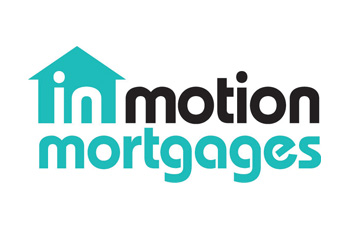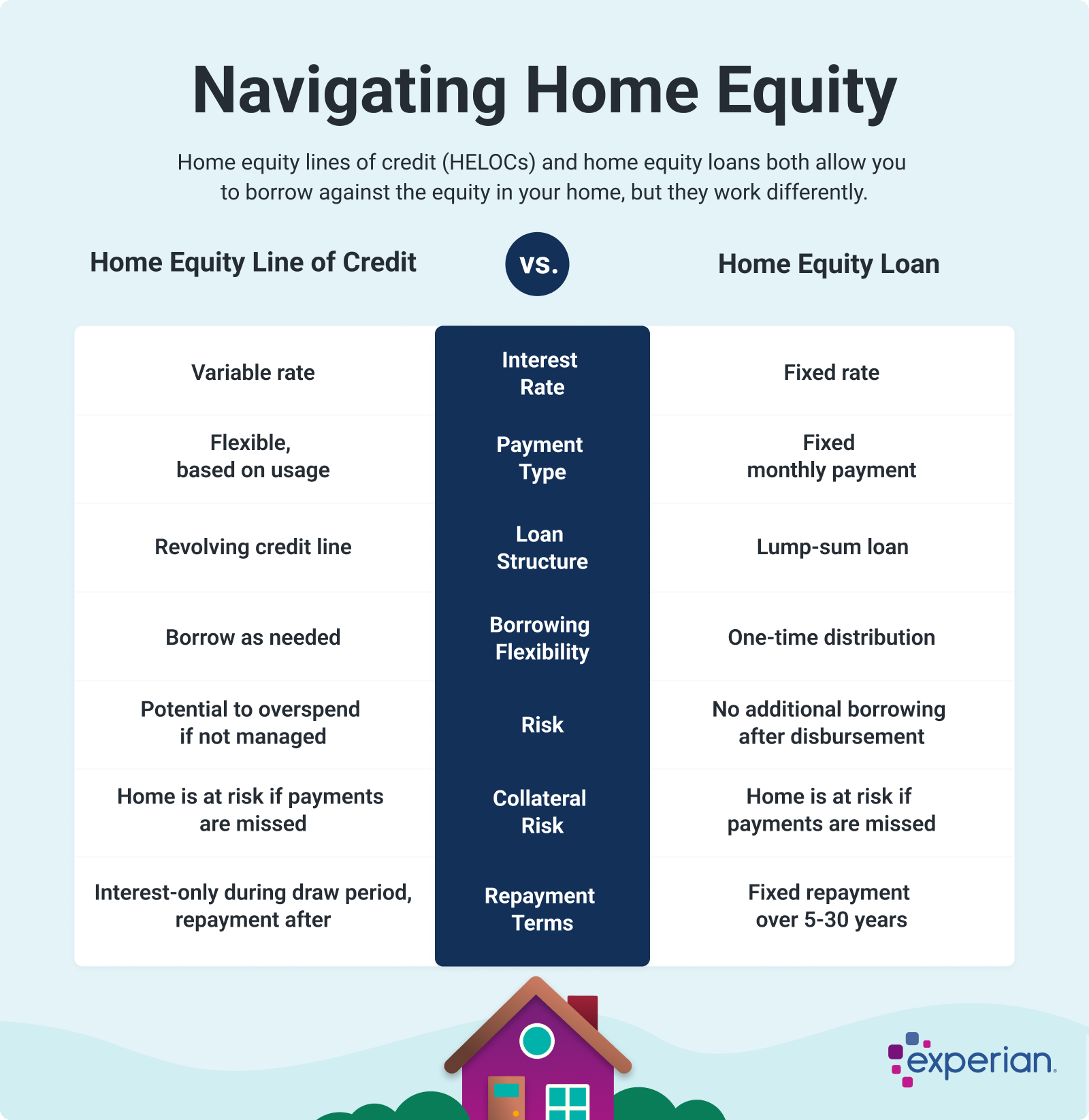Future Impacts of Equity Release Mortgages on Homeownership
Wiki Article
Checking Out the Various Kinds Of Equity Release Mortgages Available Today
Equity Release home loans existing various options for house owners aged 55 and over. equity release mortgages. These financial products deal with various demands and choices, allowing individuals to accessibility funds from their home. From lifetime mortgages to common admiration home mortgages, each type supplies distinct advantages. Understanding these options is important for making educated choices. What elements should one think about when picking the most suitable equity Release plan? The information that adhere to might drop light on this vital topicComprehending Equity Release Mortgages
Equity Release home loans give home owners, commonly those aged 55 and over, with a means to access the worth locked up in their building without needing to market it. This financial option enables individuals to transform a portion of their home equity into cash, which can be utilized for numerous objectives, such as home renovations, settling financial debts, or financing retirement.Equity Release can take different types, but it fundamentally involves loaning versus the worth of the home while keeping possession. Property owners can select to obtain a round figure or a collection of smaller sized repayments, relying on their economic requirements and preferences.Additionally, the quantity readily available for Release is affected by the property's value, the property owner's age, and particular lending institution criteria. In general, comprehending equity Release home loans is necessary for property owners to make enlightened decisions about taking advantage of their home's equity while taking into consideration the long-term implications.Life time Mortgages
Life time home mortgages stand for one of the most popular types of equity Release. This financial product permits house owners, commonly aged 55 or older, to borrow versus the worth of their residential property while retaining possession. The financing, which is safeguarded versus the home, accrues interest in time but does not need monthly payments. Rather, the lending and accumulated interest are paid off when the home owner dies or moves right into long-term care.Lifetime home loans supply flexibility, as debtors can pick to obtain a lump sum or opt for a drawdown center, accessing funds as needed. Significantly, several strategies featured a no-negative-equity warranty, ensuring that borrowers will never ever owe more than the worth of their home. This feature supplies satisfaction, allowing individuals to enjoy their retired life without the fear of diminishing their estate. Generally, life time home mortgages function as a practical choice for those seeking financial assistance in later life.Home Reversion Plans

Drawdown Lifetime Mortgages
While many house owners seek ways to access their wide range, drawdown lifetime mortgages offer an adaptable alternative that permits people to Release funds progressively. This kind of equity Release mortgage enables home owners to borrow against the worth of their home while preserving possession. Unlike conventional life time home loans, drawdown plans permit debtors to access a portion of their equity upfront and take out added funds as required, as much as a predetermined limit.This feature can be particularly useful for those who desire to handle their finances carefully, as it minimizes rate of interest accumulation by only charging passion on the quantities attracted. Furthermore, drawdown lifetime home loans often come with a "no adverse equity assurance," guaranteeing that consumers will never ever owe even more than their home's worth. This alternative suits retirees that prefer monetary security and versatility, permitting them to meet unanticipated expenditures or maintain their way of life without needing to offer their residential property.Improved Lifetime Mortgages
Enhanced Lifetime Home loans provide unique advantages for qualified home owners seeking to Release equity from their residential or commercial properties. Comprehending the eligibility requirements is vital, as it determines that can take advantage of these specialized loans. However, it is also vital to assess the possible downsides associated with enhanced choices, ensuring a well-rounded perspective on their use.Eligibility Requirements Discussed
Understanding the qualification standards for Improved Life time Mortgages is important for possible applicants seeking to access the equity in their homes. Commonly, candidates must be aged 55 or older, as this age need is standard in the equity Release market. Home owners ought to have a property valued at a minimal threshold, which can vary by loan provider. Importantly, the property must be their key residence and in great condition. Lenders frequently evaluate the property owner's health and wellness standing, as particular health conditions may boost eligibility and advantages. Furthermore, applicants need to not have existing significant financial debts secured versus the property. Satisfying these criteria allows individuals to explore Improved Life time Home mortgages as a viable option for accessing funds locked up in their homes.Benefits of Enhanced Home Loans
After clarifying the qualification standards, it becomes apparent that Boosted Lifetime Home loans provide numerous considerable advantages for home owners aiming to leverage their building equity. Largely, they give access to a bigger lending quantity compared to standard lifetime mortgages, benefiting those with health and wellness problems or age-related elements that raise their life expectancy risk. This improved borrowing ability permits house owners to meet various monetary demands, such as home renovations or retirement expenses. Additionally, these home mortgages generally come with adaptable payment alternatives, enabling customers to handle their financial resources better. The no-negative-equity warranty additionally ensures that property owners will never ever owe greater than their property's value, offering assurance. Generally, Enhanced Lifetime Mortgages offer see this site a compelling alternative for qualified homeowners looking for monetary services.Prospective Drawbacks Taken Into Consideration
While Improved Life time Home mortgages offer many benefits, prospective downsides call for cautious factor to consider. One considerable worry is the effect on inheritance; the equity released lowers the worth of the estate delegated beneficiaries. In addition, these mortgages can build up substantial interest gradually, leading to a considerable financial debt that might exceed the initial funding quantity. There might likewise be constraints on residential or commercial property modifications or rental, restricting house owners' versatility. Moreover, improved products usually require certain health and wellness problems, indicating not all house owners will qualify. Taking care of the charges and charges linked with these mortgages can be complex, potentially leading to unexpected costs. As an outcome, individuals need to thoroughly analyze their circumstance and seek advice from financial advisors prior to continuing.Shared Recognition Mortgages
Shared Recognition Home loans represent a special monetary arrangement that permits property owners to access equity while sharing future property worth raises with the loan provider. This strategy supplies potential advantages such as decreased monthly payments, but it also comes with drawbacks that need to be carefully considered. Recognizing the eligibility needs is essential for those curious about this choice.Principle Overview
Equity Release home mortgages, particularly in the type of common gratitude home mortgages, provide home owners an one-of-a-kind economic service that allows them to accessibility funds by leveraging the worth of their home. In this plan, a loan provider supplies a car loan to the property owner, which is commonly repaid via a share of the residential or commercial property's future appreciation in worth. This suggests that when the homeowner markets the residential property or dies, the loan provider receives a percentage straight from the source of the raised worth, rather than simply the preliminary lending amount. Shared gratitude home mortgages can be appealing for those seeking to supplement their income or money substantial expenses while maintaining ownership of their home. However, the economic effects of shared appreciation need to be thoroughly considered by potential borrowers.Disadvantages and benefits
Although shared recognition home mortgages can provide considerable monetary benefits, they likewise come with significant downsides that prospective consumers should consider. These home mortgages allow homeowners to accessibility equity in their residential properties while sharing a section of any type of future gratitude with the lender. This plan can be valuable during times of increasing building values, using considerable funds without monthly payments. However, the primary downside is the possible loss of equity; property owners might wind up with substantially decreased inheritance for heirs. In addition, the complexity of the terms can lead to misconceptions pertaining to payment commitments and the percent of appreciation owed. Therefore, it is necessary for consumers to evaluate these elements thoroughly before dedicating to a shared admiration home loan.Eligibility Demands
What requirements must home owners satisfy to get a shared appreciation home loan? Mainly, prospects need to go to least 55 years old, ensuring they are within the target demographic for equity Release items. Furthermore, the building must be their primary residence and generally valued over a defined minimum threshold, usually around ? 100,000. Lenders additionally assess the property owner's financial scenarios, consisting of revenue and outstanding debts, to ascertain they can handle the mortgage responsibly. Importantly, the property must remain in excellent condition and devoid of considerable legal encumbrances. Property owners ought to also have a clear understanding of the terms, including exactly how admiration will be shown to the loan provider upon sale or transfer of the home, as this influences overall returns.Selecting the Right Equity Release Choice

Regularly Asked Questions
What Age Do I Need to Be for Equity Release?
The age requirement for equity Release generally starts at 55 for many strategies. Nonetheless, some carriers may use alternatives for those aged 60 and above, mirroring differing terms based on specific situations and lending institution policies.Will Equity Release Impact My Inheritance?
Equity Release can affect inheritance, as the amount borrowed plus interest reduces the estate's value. Beneficiaries may receive less than prepared for, relying on the property's admiration and the overall debt at the time of passing.Can I Move Home With Equity Release?
The question of moving home with equity Release arises regularly. Generally, individuals can transfer their equity Release strategy to a brand-new residential or commercial property, but specific conditions might use, calling for examination with the loan provider for support.Exist Charges Related To Equity Release Mortgages?
Fees associated with equity Release home mortgages can consist of plan fees, evaluation charges, and lawful prices. In addition, check my reference there might be very early settlement charges, which can affect the overall cost and financial ramifications for the borrower.Exactly How Does Equity Release Impact My Tax Scenario?
Equity Release can affect one's tax situation by potentially boosting gross income, as launched funds are considered funding. Nevertheless, it usually does not incur immediate tax liabilities, making it vital to get in touch with a financial advisor for tailored advice.Final thought
In recap, the selection of equity Release home mortgages offered today supplies property owners aged 55 and over numerous pathways to access their property's value - equity release mortgages. Whether going with a lifetime mortgage, home reversion plan, or various other choices, each alternative offers distinct benefits tailored to specific financial requirements. Careful factor to consider and consultation with a monetary expert are vital to guarantee the chosen equity Release service aligns with financial situations and personal goals, ultimately promoting educated decision-making for a protected monetary future. Equity Release home loans existing different choices for home owners aged 55 and over. Equity Release mortgages offer homeowners, normally those aged 55 and over, with a method to access the worth tied up in their home without requiring to offer it. Enhanced Lifetime Mortgages use distinctive benefits for eligible homeowners looking for to Release equity from their buildings. Equity Release home loans, especially in the kind of common gratitude mortgages, offer homeowners an unique financial remedy that allows them to accessibility funds by leveraging the worth of their home. In summary, the variety of equity Release home loans offered today provides house owners aged 55 and over numerous paths to access their residential property's valueReport this wiki page